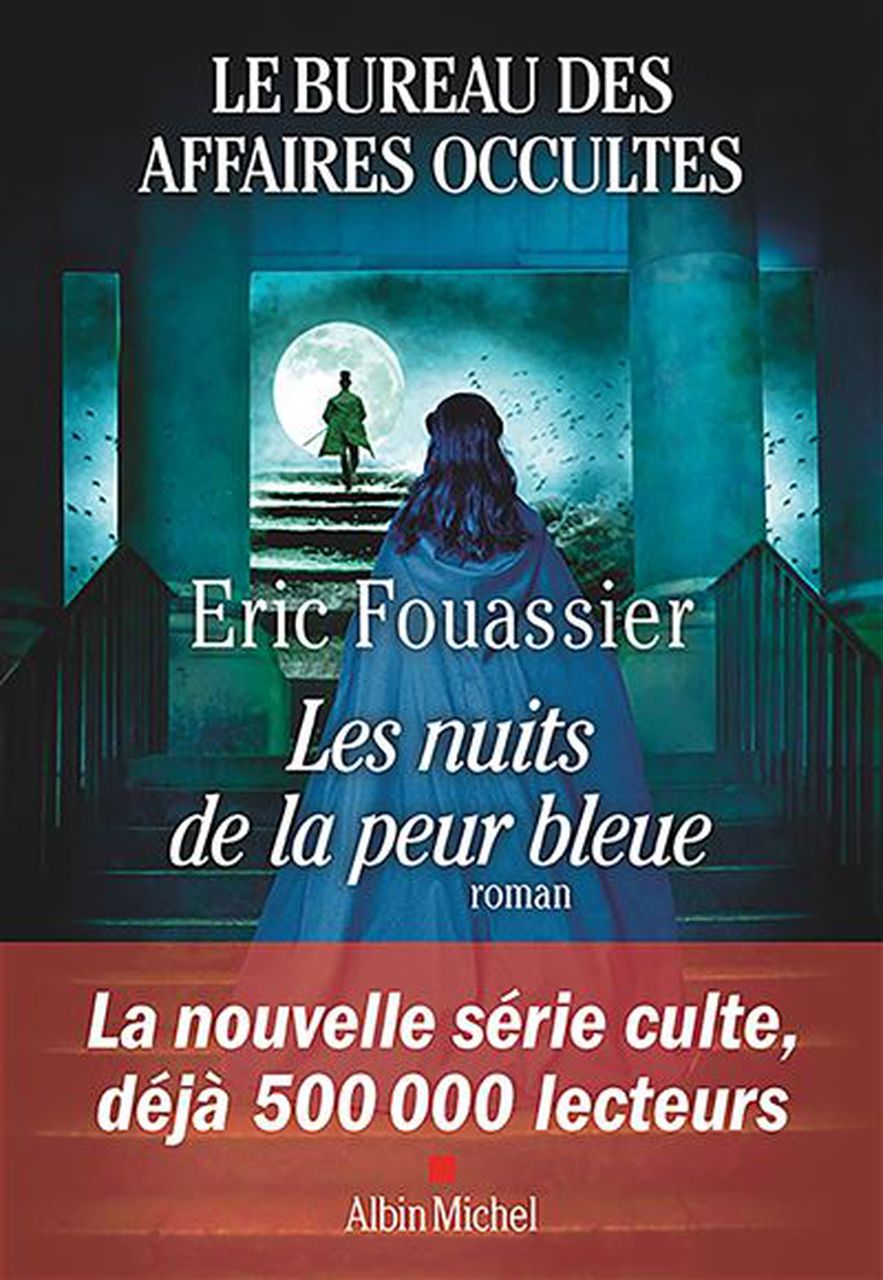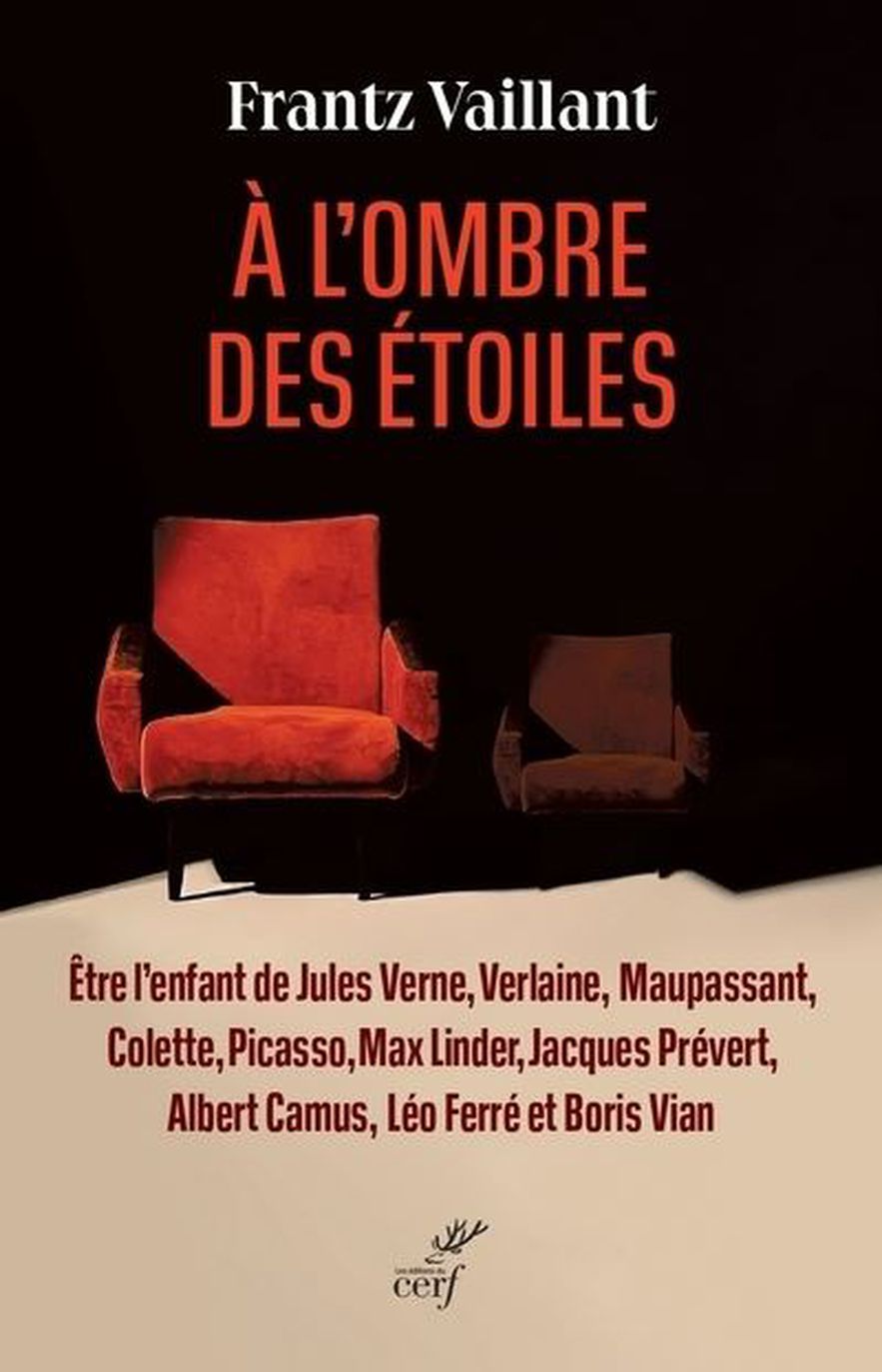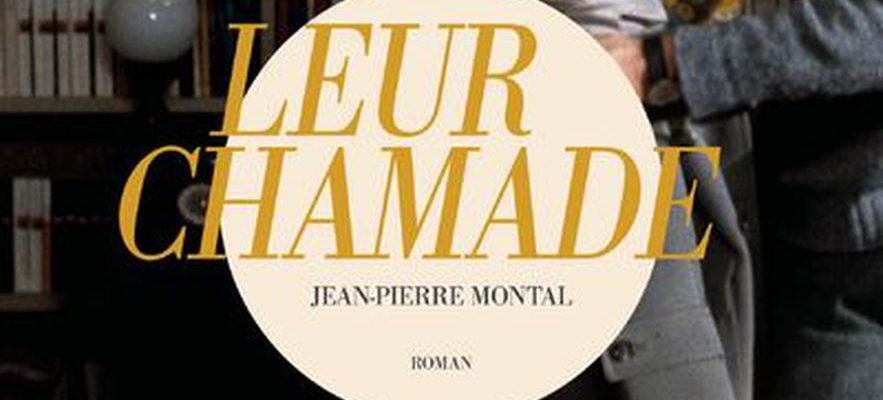Their rush
By Jean-Pierre Montal.
Seguier, 246 pages, €20.
The rating of L’Express: 4/5
Their chamade By Jean-Pierre Montal.
© / Seguier
“Architecture is frozen music”, said Goethe. It is not forbidden for the tempo to restart. It will seem naive but you can feel your heart beating when you read Their rush by Jean-Pierre Montal, faithful to his reputation as a nostalgic and sensitive novelist. This is about an architect, Edwige Sallandres, whose past catches up with her twice. When her mother dies, she finds a diary where she recounts her meeting with her husband on the set of The chamadein 1968. Then, for reasons that we will not reveal, Edwige has to reconnect with a former lover, the great architect Daniel Giesbach, spiritual son of Claude Parent and Fernand Pouillon, who was her mentor twenty years earlier, when She was starting out in the business…
Once Edwige finds Daniel, the novel takes off, mixing digressions on town planning, art and society, and strolls full of spleen through Paris. The characters oscillate between regret and detachment. Because of the melancholy painting that Montal makes of the 16th arrondissement, one could compare him to Modiano. But the author, also a caustic moralist at times, is rather reminiscent of a Flaubert keen on reinforced concrete. It’s not for nothing that he takes his heroes to rue Raynouard, at the foot of the incredible building built by Auguste Perret. Perret according to whom architecture is what makes beautiful ruins. Good novelists are those who know how to shed light on these ruins. With this architectural education, Montal is definitely of that caliber. Louis-Henri de La Rochefoucauld
Blue Scare Nights
By Eric Fouassier.
Albin Michel, 371 pages, €21.90.
The rating of L’Express: 3/5

Blue Fear Nights By Eric Fouassier.
© / Albin Michael
Was the 1830s so different from the 2020s? We often laugh at the resemblance between Macron and Louis-Philippe, bourgeois king. And in 1832, long before the waves of coronavirus, cholera decimated the people of Paris, creating the same wind of panic and paranoia. It was at this time that Eric Fouassier planted the plot of the Blue Scare Nightsthe third installment in his hit series The Office of Occult Affairs. To the pandemic, it adds a little spice: many corpses are picked up mutilated, amputated from a lung, a kidney or a liver. Professor Raoult not being available to solve the enigma, we find the dandy inspector Valentin Verne and his companion Aglaé – this time flanked by a certain l’Entourloupe, and the former Mamluk Tafik, who was Napoleon’s bodyguard…
Both a doctor of law and a renowned pharmacist, Eric Fouassier has been publishing crime novels for ten years. Our man does not have the finesse of Conan Doyle, we could reproach him for a sometimes clumsy style and the look he has on certain real characters here oddly staged (in particular George Sand). We nevertheless salute its narrative effectiveness: its saga The Office of Occult Affairs, it’s Jean-Christophe Grangé or Bernard Minier plunging into the sticky Paris of Eugène Sue. With already more than 300,000 copies sold of the first two volumes, Fouassier has found its readership. Those who love thrillers and the era of the July Monarchy will be pleased to discover this summer these Blue Scare Nights. L.-H. by LR
In the shadow of the stars
By Frantz Vaillant.
Editions du Cerf, 240 p., €20.
The rating of L’Express: 3/4

In the Shadow of the Stars By Frantz Vaillant.
© / Editions du Cerf
It is not always easy to be the son or daughter of… The documentary filmmaker and biographer (of Roland Topor) Frantz Vaillant makes a brilliant demonstration of this, which traces here the journey of ten heirs. “It is good to remember that he did not ask for anything, that he was only born in the shadow of a star”, he notes in his introduction before dealing with the cases of the children of Jules Verne, Paul Verlaine, Guy de Maupassant, Colette, Jacques Prévert, etc. Revenge of the Anonymous.
The first of these heirs, Michel, son of Jules, is perhaps the most poignant. A sickly and screaming child, he was sent to boarding school at the age of 5; a rebellious teenager, he was placed in a reformatory – a very common practice at the time; an insolent and indebted high school student, he was sent on a three-master in 1878 to circumnavigate the world, not in eighty days, but eighteen months… It was only shortly before the death of the great Jules, in 1905, that the filial relations will improve. Michel will also posthumously publish eight novels by his father, six of which will have been completed by his own pen. Indifference of the mother, absence of the father, Michèle, only daughter of Prévert, also multiplies the escapades and will end up committing suicide, at the age of 39, in 1986. Suicide, it is also question in the chapter of Maud Linder who found herself orphaned at 16 months, after the death of her parents in 1925. Similarly, George Verlaine, only son of the poet and Mathilde Mauté, quickly divorced, barely knew his father… Others (Patrick Vian, Catherine Camus…) will have warmer family relations, but all will face the same challenge: how to make a first name? PM
